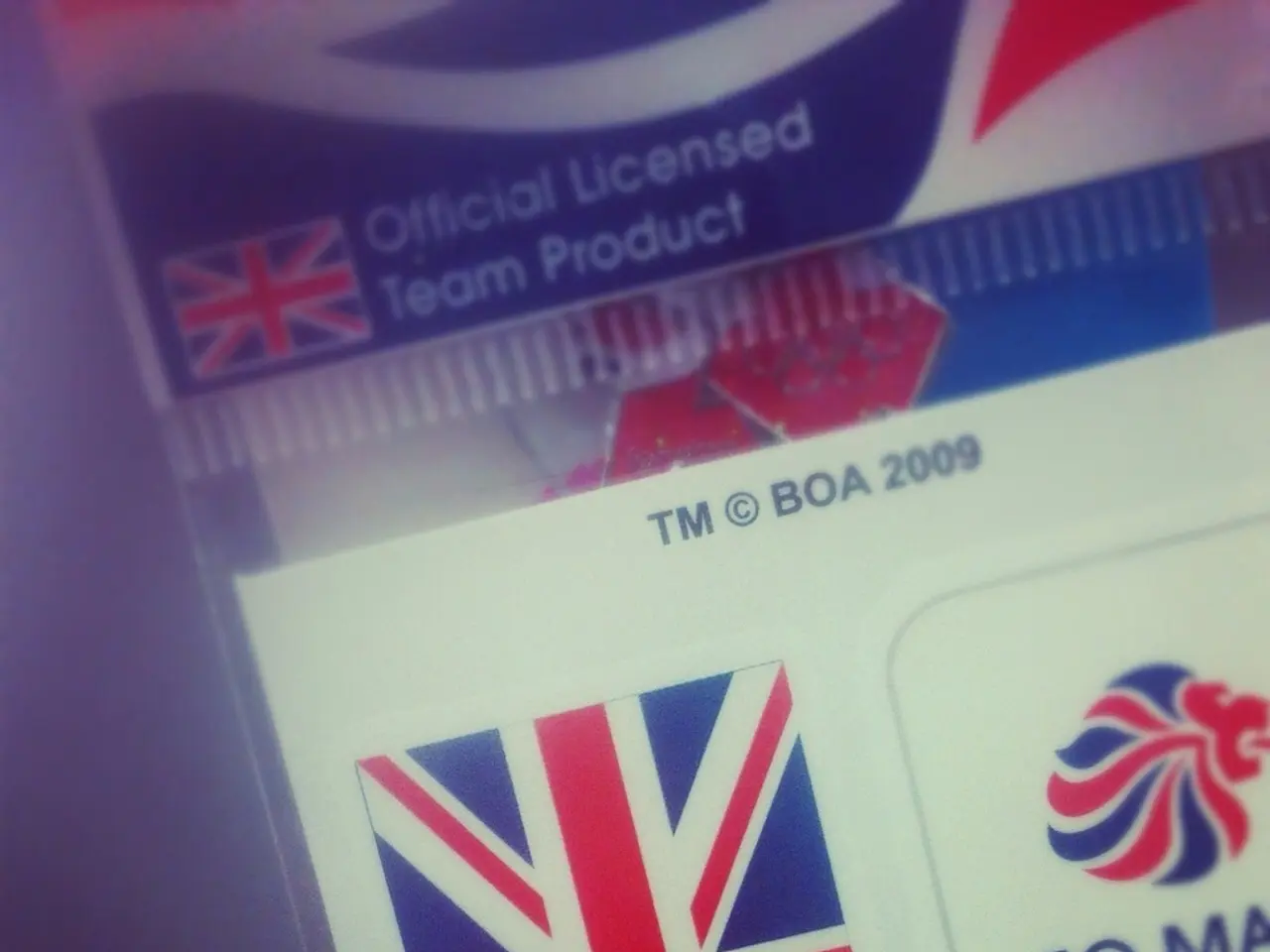Method for Recovering Funds During Travel Mishaps Overseas
In the unpredictable world of travel, unexpected issues can arise, leaving travellers in a bind. However, with a strategic approach and a thorough understanding of your rights and options, you can maximise your chances of recovering travel expenses. Here's a step-by-step guide to navigating travel disruptions.
Firstly, **check your travel insurance coverage**. If you have purchased travel insurance, review your policy details to confirm if the issue at hand qualifies for coverage, such as flight cancellations or medical emergencies. Contact your insurance provider's assistance line before seeking emergency treatment or other services to get pre-approval, confirm coverage, and understand claim procedures. Submit original receipts for reimbursement of covered expenses like incidental costs.
Next, **understand airline refund policies**. Many airlines offer refunds if your flight is cancelled or significantly changed. Refund eligibility may also apply if you cancel within a specific timeframe, such as within 24 hours of booking for some airlines. Use official airline customer service lines or portals to request refunds and track their progress. Be aware that refunds for international flights may take weeks to process.
Thirdly, **utilise credit card protections**. Many credit cards include travel protections that may reimburse you for travel disruptions. Contact your credit card company promptly to learn about embedded insurance coverage, file claims, or initiate a chargeback if a company denies a rightful refund or delays processing. Provide documentation as required, such as proof of cancellation or related correspondence.
Fourthly, **contact companies directly**. For refunds from airlines, hotels, or other travel vendors, communicate clearly and promptly via their official customer service channels. Retain all correspondence, booking confirmations, receipts, and any evidence of the unexpected issue. Document phone calls if possible, noting time, date, and representative names.
If you face disputes abroad, **local consumer protection agencies or embassies** might offer guidance or intervention, especially if vendors fail to respond or comply. They can advise on local laws and help escalate unresolved refund issues.
If a vendor is unresponsive, **contact your credit card company to dispute the charge**. If communication with a vendor is difficult due to language barriers, consider using translation apps or email/social media.
To support a claim for a refund, **have all receipts from the trip ready**, obtain documentation from the travel supplier proving the trip was cancelled, provide as much detail as possible in the claim form, and be prepared to send in additional information or documentation to support the claim.
Lastly, **organising financial, insurance, and medical documents before travelling abroad can make handling travel disruptions easier**. Platforms such as Google Docs and Quicken LifeHub can be used to store key information.
Remember, not everyone needs to invest in travel insurance. Those with existing protection through their travel credit cards, airline, or other means, those with few prepaid, non-refundable trip expenses, those with few trip expenses, or those taking relatively inexpensive trips, and those with existing medical coverage that covers them for their trips likely won't want to buy travel insurance.
By combining travel insurance, airline and vendor policies, credit card protections, and local support, you can navigate travel disruptions with confidence and minimise financial losses. Always act quickly, keep thorough documentation, and follow up persistently.
Mark Friedlander, the director of corporate communications for the Insurance Information Institute, advises checking if the credit card being used offers any travel insurance or assistance. If communication with a vendor is unsuccessful, a local can mediate for you. Preparing digitally, such as scanning relevant documents to the cloud and keeping contact info at hand, can also help manage travel disruptions.
- In cases of travel disruptions, it's beneficial to check if your credit card offers travel insurance or assistance, which might reimburse you for covered expenses.
- If you've encountered an issue while traveling and have purchased travel insurance, ensure you have all receipts from the trip ready when filing a claim for a refund.
- When traveling, keeping your financial, insurance, and medical documents organised in a digital platform like Google Docs or Quicken LifeHub can make handling travel disruptions easier.




